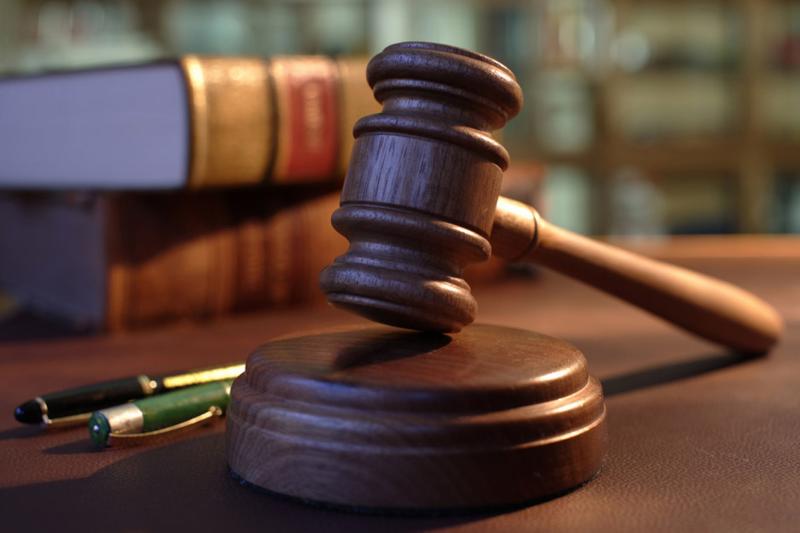
The drafters of the constitution of Kenya 2010 were deliberate about the role of the media in Kenya’s democratic space. In fact, the media is perhaps the only profession expressly protected from government interference under Article 34 which states that freedom and independence of electronic, print and all other types of media is guaranteed and bars the state from exercising control over or interfering with any person engaged in broadcasting, production, dissemination or circulation of any publication by any medium. It also bars the government from penalising any person for any opinion or view or the content of any broadcast, publication or dissemination.